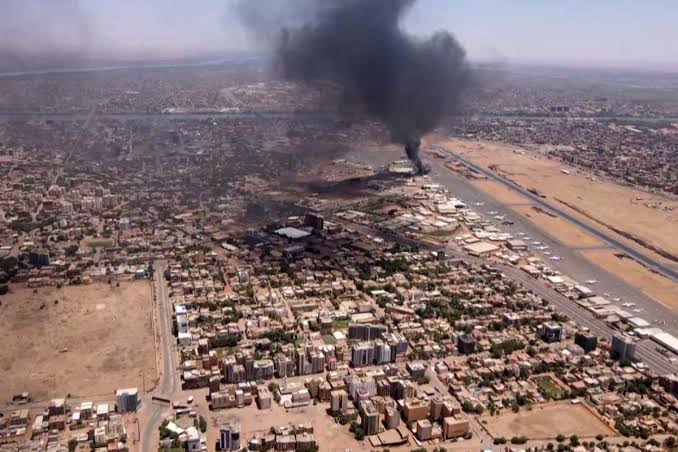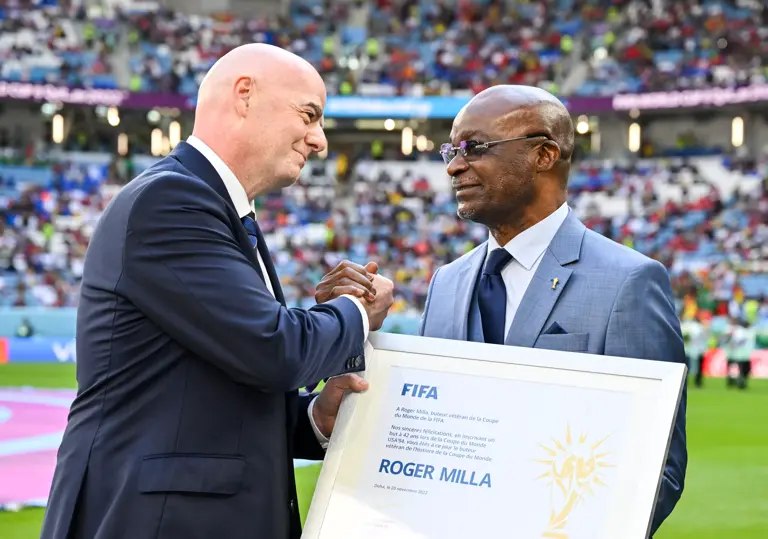Multiple cities in western Sudan were engulfed in intense fighting on Wednesday, marking a significant expansion of the country’s nearly two-month-long war.
The escalation came as a regional governor was tragically killed shortly after publicly accusing the country’s paramilitary force of being responsible for the deaths of civilians.
The conflict, which involves clashes between the Sudanese army and the paramilitary Rapid Support Forces (RSF), has led to a severe humanitarian crisis in Khartoum and major cities in the Kordofan and Darfur regions. The widening scope of the fighting poses a threat of prolonged violence, as armed groups, particularly those with tribal affiliations, and external actors may become further entangled.
Governor Khamis Abbakar of West Darfur state was killed on Wednesday, according to an armed group under his command.
Prior to his death, he had accused the RSF and allied militias of perpetrating “genocide” and appealed for international intervention, citing the indiscriminate and substantial loss of civilian lives.
The RSF has yet to respond to requests for comment regarding the allegations made against them.
Activists monitoring the conflict report that approximately 1,100 people have been killed since the outbreak of violence in mid-April, starting in the westernmost city of El Geneina, which serves as the capital of West Darfur.
While the initial attacks primarily targeted areas inhabited by members of the Masalit tribe, they have since spread throughout the entire city, as revealed by the governor.
“We haven’t seen the army leave its base to defend people,” he lamented before his untimely demise.
The Darfur region of Sudan has experienced periods of conflict since the early 2000s, resulting in the displacement of millions and the loss of 300,000 lives due to attacks by Arab militias known as the Janjaweed.
The RSF emerged from these groups and was later legalized as a governmental force in 2017.
The RSF, in a statement, labeled the fighting in El Geneina as a tribal conflict and placed blame on the country’s former regime for fomenting tensions.
They also claimed to have made efforts to provide aid to the city.
Diplomatic efforts led by the United States and Saudi Arabia to address Sudan’s conflict have faced setbacks, with numerous ceasefires being violated. Senior officials from the U.S. State Department stated on Tuesday that they were contemplating a new approach in the coming days.
Reports from the Darfur Bar Association, a local monitoring group, indicate that artillery strikes targeted civilian homes in Nyala, the capital of South Darfur, following complaints from RSF soldiers about unpaid salaries. Residents expressed fears of another assault, emphasizing their lack of safety.
The association also reported that the city of Zalingei, the capital of Central Darfur, was under siege, while El Fashir, the capital of North Darfur, witnessed a wave of displacement from the RSF-controlled town of Kutum.
In El Obeid, a key city between Khartoum and Darfur in North Kordofan, residents reported air and artillery strikes launched by the army against RSF positions.
The RSF, which controls the roads connecting the city to other towns, has collaborated with local tribal leaders to maintain security and combat armed gangs.
However, on Wednesday, the RSF reportedly attacked one of those towns, Al-Rahad.
In Kadugli, located in South Kordofan, the army successfully repelled an RSF attack on one of its bases, as forces loyal to rebel leader Abdelaziz al-Hilu surrounded the city.











